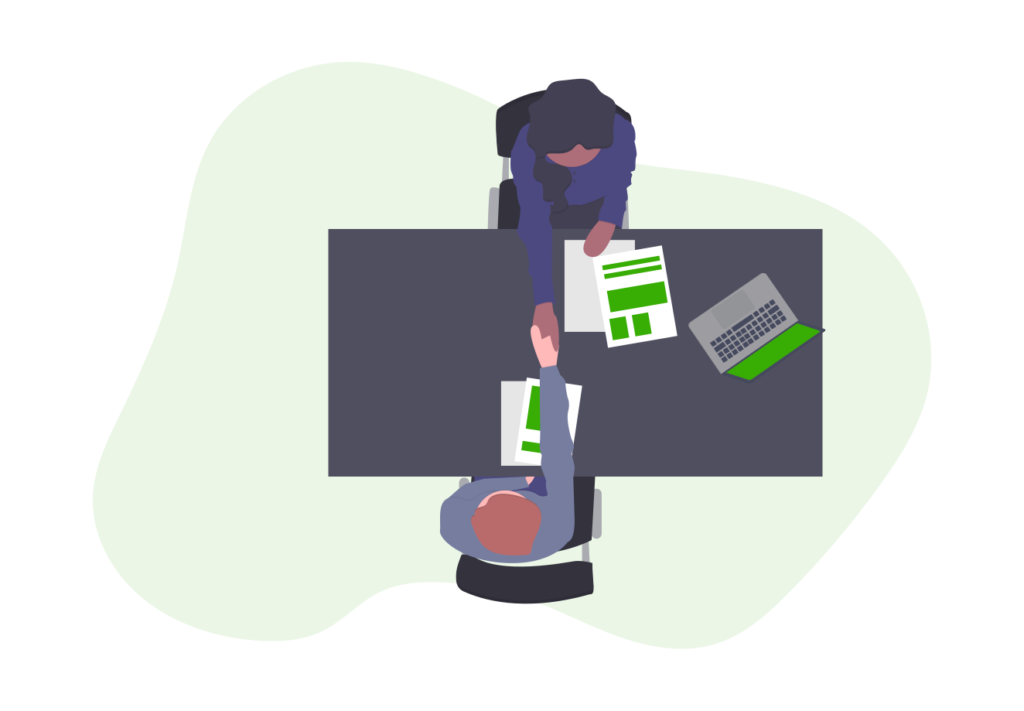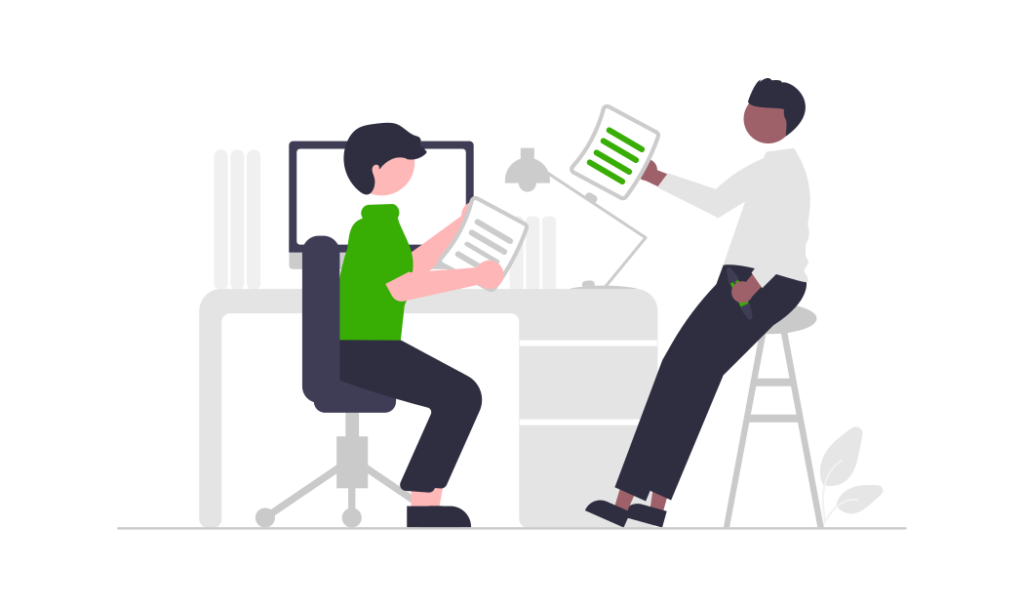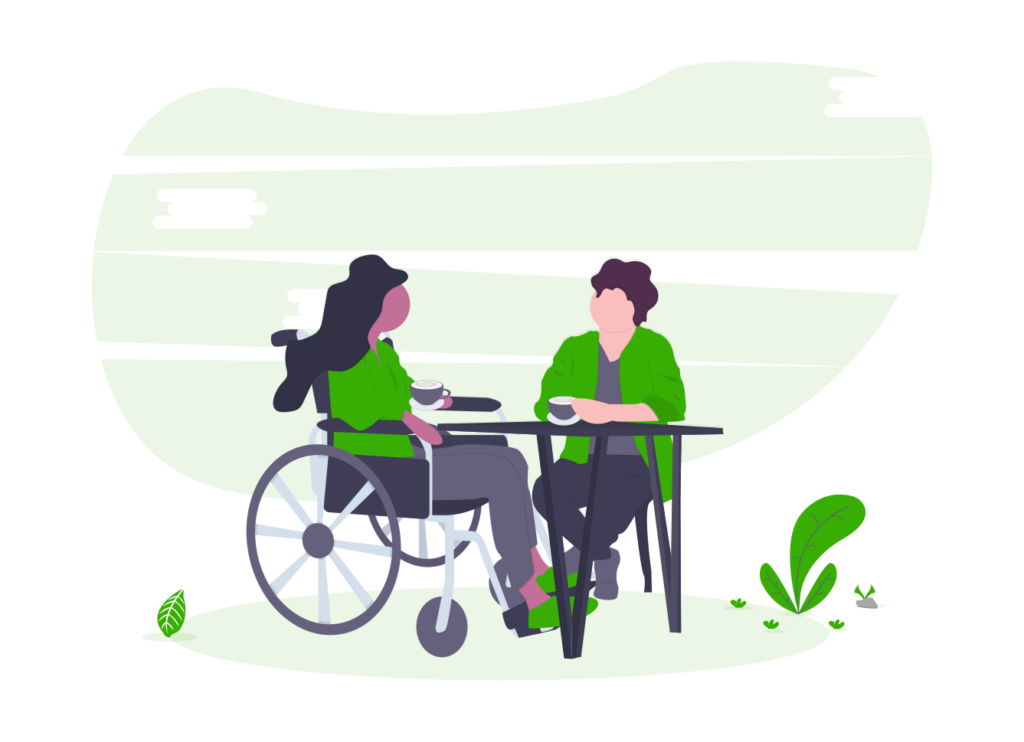How to Stay Engaged and Attentive During Conversation with Active Listening Techniques

What is Active Listening?
Being good at listening is vital to everyday life. People spend 70-80% of their day engaged in some form of communication, and 55% of that time is devoted to listening. Active listening is the practice of making a conscious effort to remain present in a conversation, to not only hear the words the other person is saying, but to process them fully, and understand them. Active listening involves applying certain techniques in order to stay focused and demonstrate your attention to the other person.
Active listening not only benefits the speaker, who feels valued and respected by your genuine interest and attention, but it also benefits you, the listener, who will be more equipped to build relationships and answer their queries. Furthermore, active listening is a vital skill in the workplace, where it will help to decrease errors, problem solve, resolve conflicts and boost the likelihood of good workplace relationships.
Used in every conversation, active listening will help you strengthen your relationships in all facets of your life and help you become a more considerate, approachable person.
Benefits of Active Listening
Work
Actively listening to your superiors and colleagues at work will likely result in you becoming a better employee. When they set tasks and allocate work, utilising this method of listening will allow you to more accurately fulfil their brief and complete your work to a better standard.
For instance, actively listening to feedback given about your work will enable you to quickly and responsively adapt your working practices to correct mistakes or improve productivity. Actively listening to colleagues will help build better working relationships, making everything in the office run that bit more smoothly.
Furthermore, active listening will benefit you in job interviews, too. It will best prepare you to answer any questions posed in an intelligent, thoughtful way. Active listening is a skill your interviewer will be looking for, as it shows that you are an engaged, receptive employee.

Friendships and Romantic Relationships
When meeting new people, active listening can be a valuable technique to employ. Showing the other person that you are engaged with their speaking can prompt them to speak more, or open up further, and foster a deeper connection. Due to this outcome, active listening can be a huge help in strengthening your relationships. It validates the speaker; your genuine engagement with them proves that they, and their words, have worth, and that you personally value them. This approach will go a long way to help in times of difficulty in a relationship. Problems will be easier to solve if you better understand the other person’s thoughts and feelings, and better understanding comes with better listening.
Not only can active listening help generate better solutions to relationship problems, but it can itself be a solution; sometimes what the other person needs is to talk through their issues with a person they feel is genuinely listening and cares for them.
Key Active Listening Techniques
- Look at the speaker directly. Not only will this demonstrate to the speaker that you are listening, but it will aid in focusing your attention on the speaker. This decreases the threat of visual distractions elsewhere.
- Don’t interrupt. This may seem obvious, but is often tempting if you feel like you have a valuable or necessary response. Particularly in the case of a disagreement, you may feel the need to interrupt to defend yourself, but waiting to respond until after the other person has finished a thought can go a long way in de-escalating conflict, and encourages them to be more receptive to your responses.
- Paraphrase and ask questions. Re-stating what the other person has just said demonstrates to them that you were listening, and hearing their own thoughts back can prompt them to clarify or correct anything they miscommunicated, avoiding future miscommunication issues. Asking open ended questions also verifies to them that you are genuinely interested in what they have to say, and in answering them they can help clarify points for you.
- Use non-verbal behaviour. Observing the speaker’s non-verbal behaviour (e.g. tone of voice, body language, facial expressions) can give further insight into their true feelings, and prompt you on how to respond appropriately. Practicing good non-verbal behaviour like nodding to show agreement or not crossing your arms to show openness also go a long way in demonstrating active listening. Something as simple as smiling at something funny is proof and validation to the speaker that you are actively listening.

Things to Avoid
Some bad listening practices, and things to avoid when trying to actively listen, are:
- Rushing the speaker to the conclusion of a thought. Rushing the speaker will not only invalidate them, and cause them to believe you aren’t interested in their side of the conversation, but may also cause them to become frustrated, and close down or become distant as a result.
- ’Story topping’, in which you try to one-up or outdo the speaker by insinuating your related experiences are more important or more extreme, or flipping the conversational focus to yourself when this is inappropriate. For example, saying things like ‘that reminds me of the time when I…’ before acknowledging the speaker’s experiences or ‘that’s not as bad as when I…’, which disregards or diminishes the speaker’s own problems.
- Asking the questions about unimportant, minor details, rather than focusing on the big picture of what the speaker is trying to convey. It devalues what the speaker is saying and detracts from the point/s they are making.
- Fidgeting. Fidgeting in any capacity may cause the speaker to believe you aren’t giving them your full attention, and it may even actively distract you from listening as well as you could.
Encouraging Active Listening
What about when you’re the one speaking? Everyone wants to feel like they’re being heard, so how can you promote the active listening in your conversational partner?
Being an active listener yourself, and leading by example, is the best method of encouragement. Showing the other person your genuine interest, and making them feel they are being genuinely heard will encourage them to do the same for you. Active listening fosters a better relationship between conversational partners, and believing yourself to be in a good relationship will foster a genuine interest in the other person and their thoughts.
In cases when the other person isn’t actively listening to you, despite your own efforts, it can help to introduce topics of shared interest. The other person will more likely actively listen to you if they are engaged in the topic of conversation.

Summary
Active listening is vital to healthy, useful and interesting conversations. Employing active listening in your everyday conversations; be it at home, at work, or out and about, can encourage a deepening of your relationships, and a better understanding of those you come into contact with.
As highlighted in this article, some active listening techniques include good eye contact, open body language, patience, paraphrasing, and the asking of questions. Bad active listening practices include fidgeting, ‘story topping’ and rushing the speaker to a conclusion. Practicing active listening encourages your conversational partners to do the same, further enriching your relationships and interactions. Actively listening during disagreements can help in finding solutions, and in itself can be part of a solution, as it demonstrates empathy and understanding. It better equips you to answer questions and complete set tasks.
For further advice from our professional lifestyle coaches, contact us at Ceed!